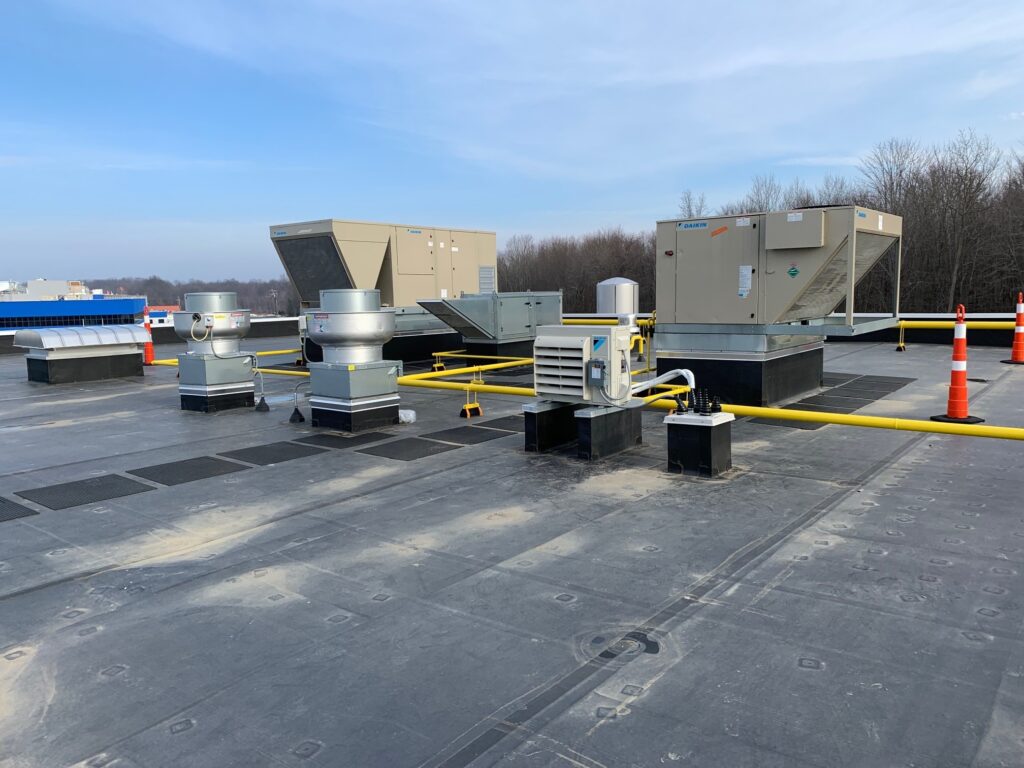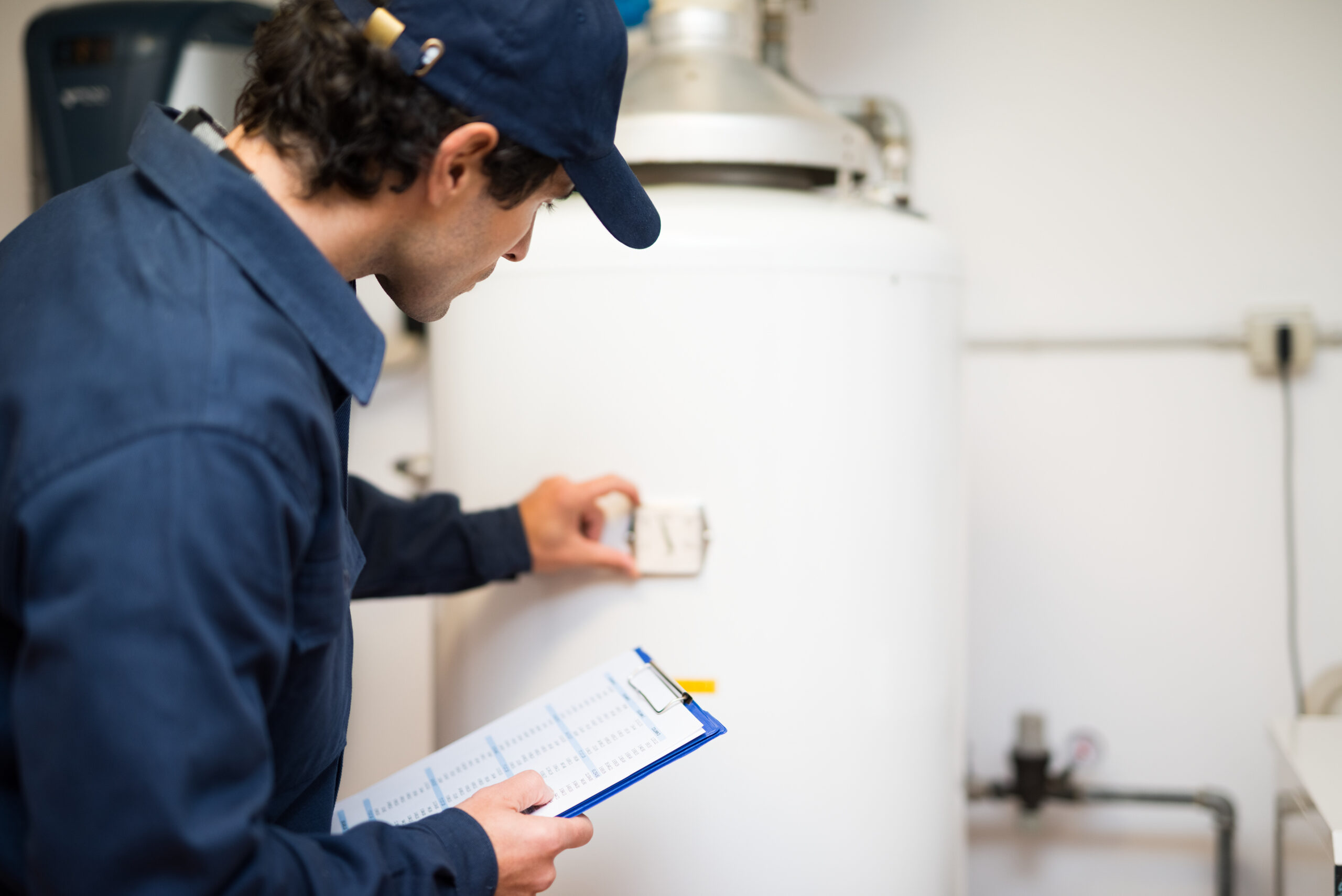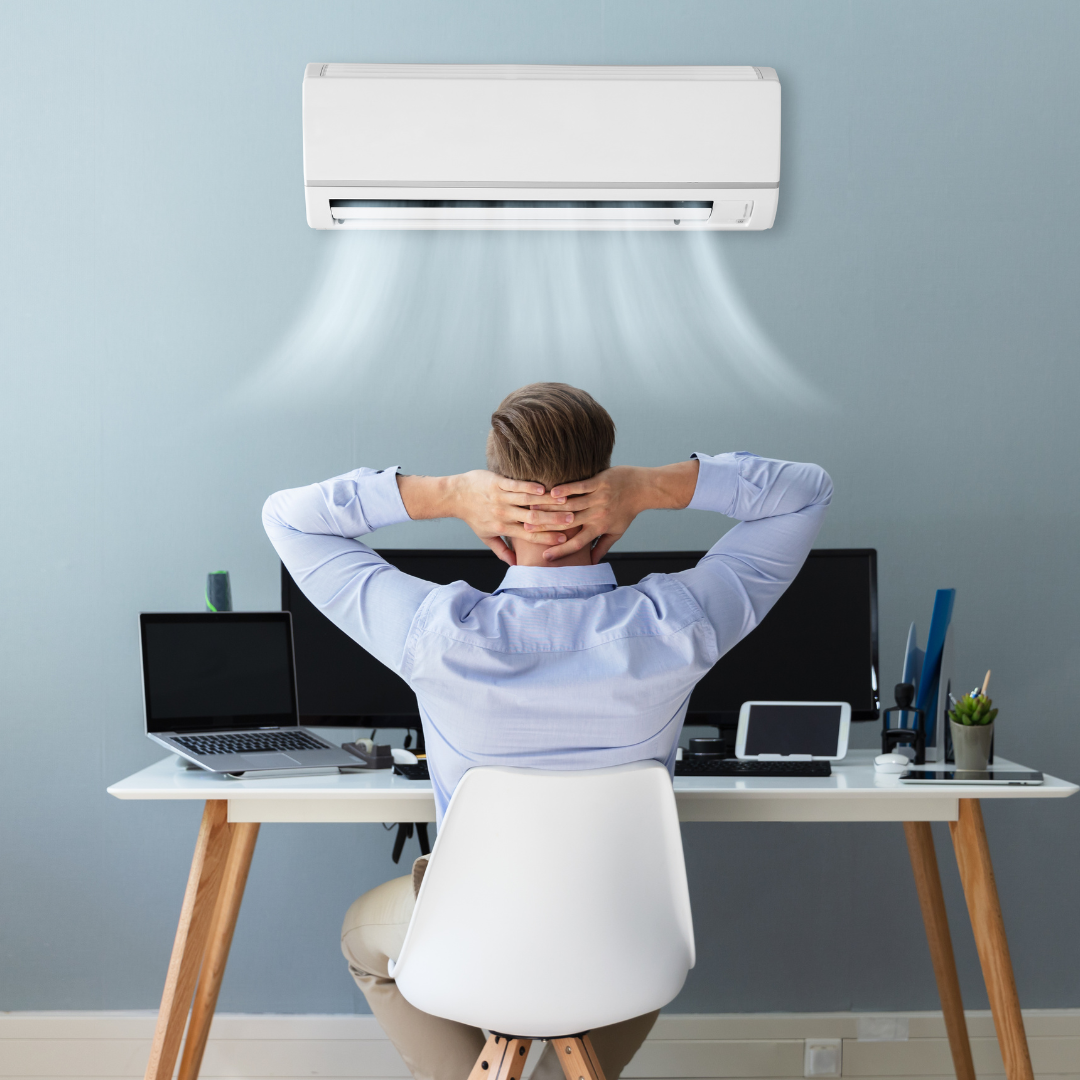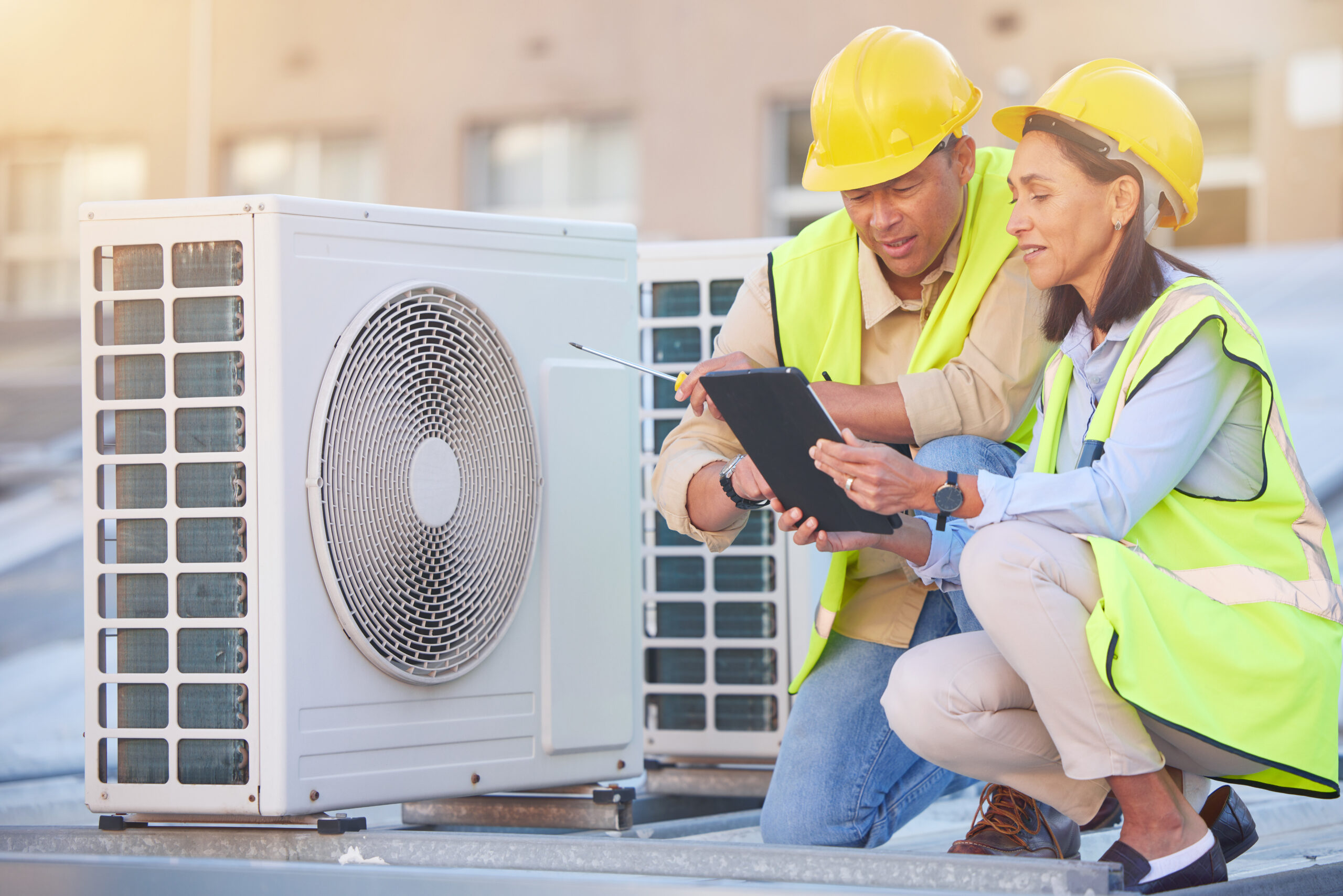To many homeowners, there are two types of pipe materials: lead pipes, and everything else. While we agree that lead pipes can pose a safety hazard to a much higher degree than other pipe materials like galvanized steel, older homes aren’t in the clear yet.
Galvanized steel pipes were used in homes before the 1960s when it became clear that they could corrode in ways that were destructive to homes. Galvanized steel pipes are sturdy but they can lose their structural integrity and lead to all sorts of problems. Also, galvanized steel pipes usually still contain lead, which means as they corrode you could have the same effect that you would with entirely lead pipes.
As your go-to local plumber in Westlake, OH, we’re going to talk about galvanized steel pipes, the pros and cons of having this plumbing material in your home, and why yours might need to be replaced.
What Is Galvanized Steel?
Galvanized steel pipes are pipes that are made from sturdy metal that’s coated with zinc. Zinc is a great mineral that keeps corrosion and rust at bay, but the materials underneath the zinc can be a wide variety of metals. Basically, they just look like steel pipes but when the zinc lining wears off, they can begin to corrode and rust just like other unprotected metal pipes.
Why Was Galvanized Steel Used for Plumbing Pipes?
Before the 1960s, lead pipes were being used for plumbing systems regularly. The other option would be galvanized steel. Both of these types of plumbing materials were strong, water-resistant, and lasted a very long time. You can tell that if we’re talking about galvanized steel pipes now, then they must have lasted for multiple decades!
Galvanized steel pipes were basically used before copper was as mainstream and affordable, and also before PVC was invented. It’s not a very good pipe material these days, but it’s better than lead.
The Pros and Cons of Galvanized Steel
If you have galvanized steel in your home, here are the pros and cons when considering replacement.
The Pros
- Galvanized steel is sturdy. Unless you see rust or corrosion coloration, your galvanized steel pipes might still be in decent shape.
- Also, unless they’re designed with lead, they won’t be a safety hazard in your home.
The Cons
- Galvanized steel hasn’t been used in plumbing materials for decades. This means that your galvanized steel pipes are likely extremely old and need to be replaced, regardless of the condition they’re in.
- Galvanized steel can corrode and leech unsafe chemicals into your water after a long period of time.
Alternatives to Galvanized Steel
These days we have access to high-quality materials for our plumbing systems. For hot water and other plumbing pipes, we use copper. Copper is extremely flexible and sturdy, and it also doesn’t corrode as fast as other older pipe materials. Copper is a great long-term solution for your home.
PVC is also a great material to replace your cold water or wastewater plumbing pipes. PVC is a type of plastic, so it’s affordable while also being durable enough to last 10 years or more.
For high-quality plumbing work, call Westland Heating, Air Conditioning and Plumbing.








